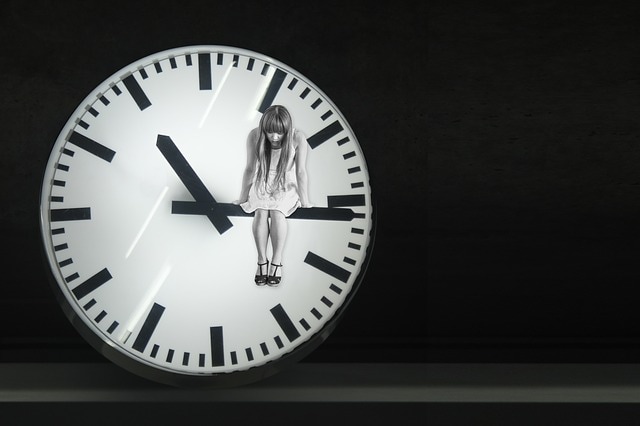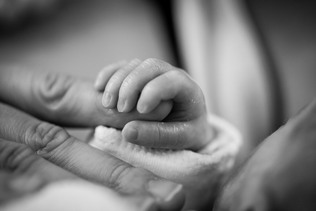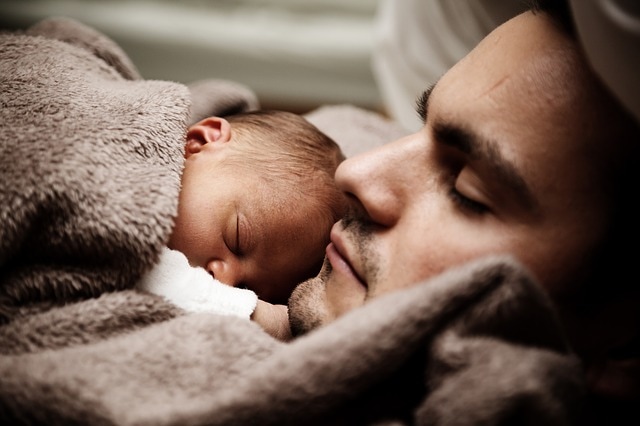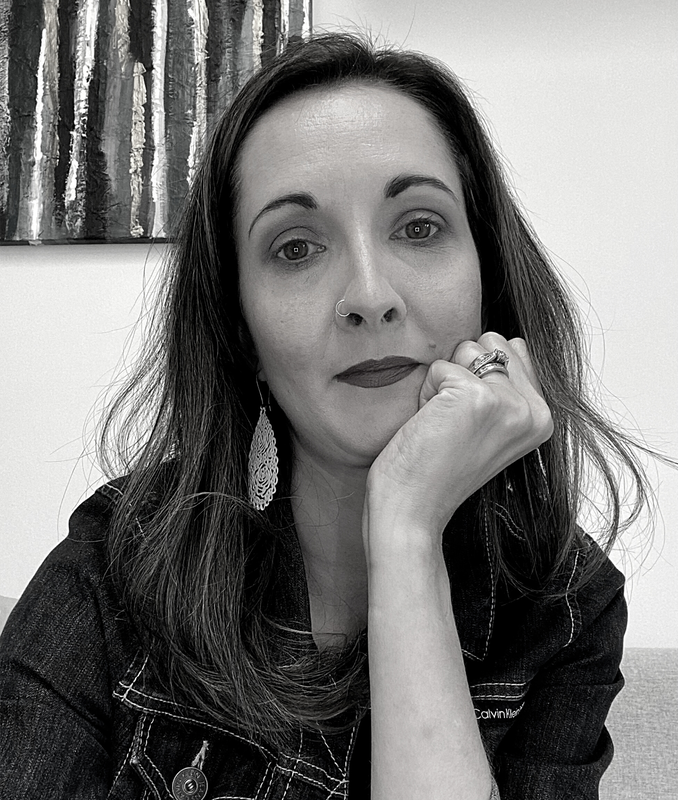|
The names Sarah Ockwell-Smith, Darcia Narvaez, Wendy Middlemiss, Helen Stevens, James Mckenna, Kathleen Kendall-Tackett & Tracy Tassels might not be familiar to you, but I will tell you they are some of my favourite people and they just came out with a brilliant new resource. I am keen to share it all with you. It is a based on one of those HOT parenting topics; SLEEP! Do you want answers to questions like how many times a night it is normal for my baby to wake up or why does my baby only sleep when I am holding her? Do you want to know how you can create a calming sleep environment for you baby? Do you wonder if your baby should sleep in the same room as you? Or how about in the same bed as you? Do you desire to learn about ways to calm your baby, keep yourself calm and help your baby learn to calm herself?
This is the perfect handout for you! Hope you find this resource helpful and reassuring. Simple Ways to Calm a Crying Baby ... and Have a More Peaceful Night’s Sleep This week husband of Florence Leung released an emotional statement about postpartum anxiety & depression after losing his wife two months ago. He also commented about the pressure to breastfeed in the same comments. I commend him for speaking up, being brave, being seen, wanting to improve other peoples situations & for encouraging all new moms experiencing low mood or anxiety or depression to seek help. He added that these mothers are not alone and that they are not bad mothers. I agree and know he is correct. I don't believe there are bad mothers. I know mothers feel alone and isolated. Too many mothers feel this way. They are alone but not alone at the same time. When we pull in the breastfeeding component it gets super confusing and conflicting and very, very emotional. There are so many versions of how breastfeeding plays into postpartum anxiety and depression. Part of it is emotional and the feeling part of our brains and body and some of it is biological and chemically controlled in our brains and bodies (hormones are so complex). Some of this is controllable, in the sense that we can just change our outlook and start to feel better, and much of it less controllable and sort it feels like it is happening TO the mother. It really feels like a loss of control.  It is true that all over the place, in so many places new and expecting parents are visiting, there are posters and flyers and brochures and people encouraging breastfeeding and exclusive breast-feeding. This recommendation is world wide and comes from the World Health Organization. While I agree with all the benefits of breastfeeding, as most people would, it is NOT enough to just give benefits. In fact, it is dangerous to encourage and promote breastfeeding & yet not be able to follow through with the support needed. Breastfeeding is significantly more complex than the two-dimensional vision posters make it out to be. Most women are certainly not relating to the mothers on the photos of the breastfeeding books. You know, the mothers who have perfect skin, no bags under their eyes, pristine hair and makeup looking like they have zero cares in the world…beyond oxytocin highs.There needs to be support for the mothers that can breastfeed "easily" so they succeed. We also must meet the needs of and support the mothers in which breastfeeding is not going to work "easily" or perhaps not at all….and all the unique, complex cases in between this. Blanket statements are harmful, on all sides. Supports for new families are getting less and less available and the resources we do have are not always adequately trained and skilled to handle the cases they have presented to them. For every mother who feels judged because she could breastfeed, but doesn't want to, there is another mother who is feeling judged because she wanted to breastfeed, but did not meet her goal. There are mothers who celebrate being told their babies need to be supplemented and welcome supplementation. There are mothers who are devastated when they are given the same news. We need to learn how to support all kinds of mothers and all kinds of scenarios. We have to be prepared for that to take more than 5 minutes in the doctors office. Let's look at one way this all gets blurry. There are the mothers with babies who are not sleeping well but the mother has been reassured that this is just how breastfeed babies are. I don't believe that to always be the case…sometimes babies are not sleeping because they are hungry…breastfeeding is not working in that case, not for anyone. Mothers and babies need to sleep. Feeding endlessly for days and weeks is not healthy for anyone. The issue then becomes "exhaustion due to breast-feeding" weeks later, when breast-feeding issues could have been addressed, resulting in more sleep. Beyond that, families need support people to come in and do practical stuff, like care for a baby so mothers can nap, feed themselves, go for a walk. That doesn't mean breast-feeding needs to be discontinued, it just has to be understood and managed. Other examples would be a woman in so much pain from breastfeeding. Who wants to torture themselves 10 times a day. That is a breakdown waiting to happen. Again, lets get to the source as soon as we can. Get to the resolution so the mother can be pain free. There are so many options for that. We know about postpartum blues and depression and how common it is. We also know that for many women it is so bad they are taking their own lives. It is horribly, horribly sad and devastating. I don't believe it is about mothers breastfeeding or not. I believe it is about support, or lack there of, about misunderstanding babies and mothers, about isolation and healthcare systems that seem to be set up for failure and not success, it is about misunderstanding what the Baby Friendly Initiative is and what it was intended to do and how it is supposed to work. We can do better. We need to do better. Lives matter and are being lost. 1. You do not know what a doula is. It is said that less than 6% of mothers use a doula for their births. That could be because many people have no idea what a doula is. It can also be that there are misconceptions of what a doula is and what a doula does. Doulas are certainly not new and there are many stories of how doulas originated. A modern day doula is known as a non-medical support person for pregnancy, birth and postpartum (the time after the baby is born). A doula can be a source of encouragement, empowerment or simply a coach to the birthing person and their partner. Modern day doulas work professionally, confidently and comfortably alongside medical care providers such as doctors, midwives and nurses. A doula is a constant in the process. They meet with people during pregnancy and remain into the postpartum period. In a system where care providers rotate and work in shifts, there is often change in who is looking after a birthing woman, as labour can take more than one shift, maybe two (sorry, maybe more). Feeling safe and secure can be difficult around strangers and often the time is not there to develop relationships with the care providers. A doula can help keep feelings of safety and security by being a previously known relationship and remaining as a constant. With that in place, a doula can help bridge relationships with the changing staff to make the transition easier on the labouring woman. 2. You are worried a doula will not allow you to make your own decisions about your birth. Now that we know a bit more about what a doula does, one might wonder if they will tell people what to do for their births…the good news is doulas should be unbiased in their support of individuals. A doula might have particular views on how she would have a baby, but that should not be projected onto a family. I am supportive of all kinds of births. I want people to aware of what their choices are. Did you know people have choices in pregnancy, labour and birth?  I want it known that the birthing women are the ones that make decisions for their birth. Birth does not need to be an event that happens to women; it is an event that women should be an active participant in. Once people know the options, I respect their ability to make a choice that works for them. If people do not know how to find out their options, I help people communicate with their care providers in a positive manner so they can be presented with all the options and ask questions they need to ask to be full informed. 3. You are having a caesarean section.
A caesarean section is no less of a birth than any other birth. A doula can help prepare expecting families for the upcoming birth. They can help you formulate questions you might have for your care provider. They can help you prepare for what the procedures & processes of the day may be. They can even help you plan a birth plan for the day. Even with a scheduled caesarean birth there are still options and a birth plan is an ideal way to communicate those choices. While waiting for the birth a doula can help ease parents mind and help them prepare emotionally for the birth as they would during a labour setting. There are uncomfortable moments preparing for a caesarean, like an IV or epidural, and doulas help support parents through those moments. Inside the operating room, a doula can provide details that parents would like to know about. The doctors and nurses are busy with taking care of mother and baby. The partner is awaiting the baby and may feel uneasy in the hospital setting. Doulas are there to support partners as well. If the baby has to go to another area of the hospital, the partner can follow along with baby, and the doula will remain with the mother. This is reassuring to both new parents. Mothers do not need to be alone at all during a caesarean. Doulas also help in the postpartum period such as breastfeeding and making sure the mothers is comfortable and doing as well as she can be after the birth. 4. You have a midwife As I said above, modern day doulas work professionally, confidently and comfortably alongside medical care providers. Midwives and doulas are a complement to each other. Midwives are experts in pregnancy and birth and the most compassionate people who provide amazing support to families. However, they have the primary responsibility to be clinicians which is quite different from a doula. They have a lot of things to set up, monitor, chart, etc and often have to take off the unbiased support hat they wear and move into more of a decision making role or give an opinion as to what they feel is best and safest for mother and baby. They might even have to be taking care of more than one family at a time. If things are calmer and quiet, sometimes midwives leave to go and rest/sleep while a woman is labouring, so she can be rested and in her best mind and ability for the birth. Having a doula there means mothers is continuing to receive emotional and physically comfort. 5. You don’t need one You are giving birth to the baby, and that is one fact we cannot change, but the experience of birth often includes another person - the partner. Sometimes the partner is who needs that constant support and encouragement. I have been invited back to be a repeat doula for families I have served previously, not because the mother feels she needs a doula, but because the partner did not want to go through the process without a doula. Sometimes as a doula, providing support and encouragement to the partner, means the partner is who shines in the mothers eyes as her primary support person. That is wonderful! I love when that happens as birth should belong to that couple. And, maybe, truly, neither person needs a doula. I do not believe doulas are needed at births…you know, those babies are coming out at some point regardless of who is at the birth. Doulas are not a must have, doulas are an added extra. Doulas are a must have for some people, but not all people, and I support that decision. If you would like more info on the doula services I provide, I have more information readily available for you. |
Kim Smith
|

 RSS Feed
RSS Feed
